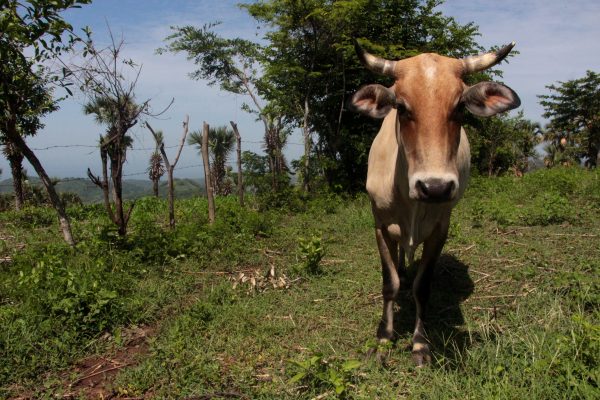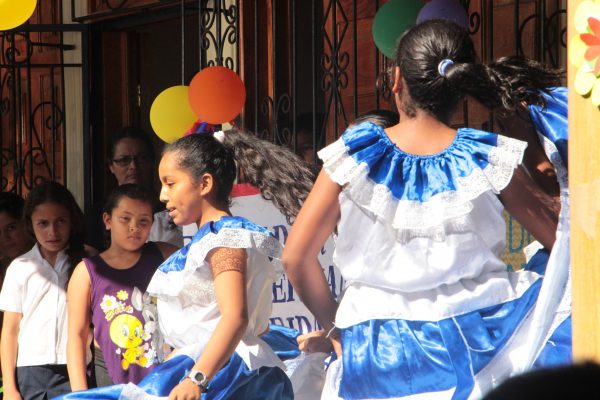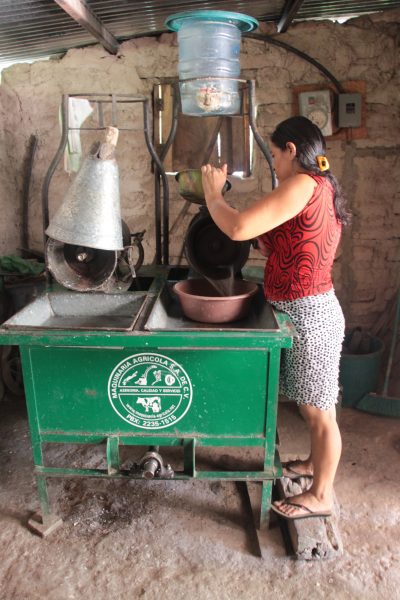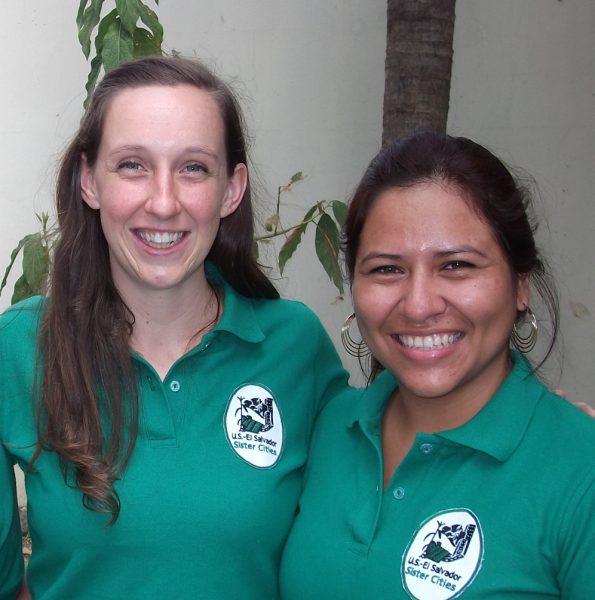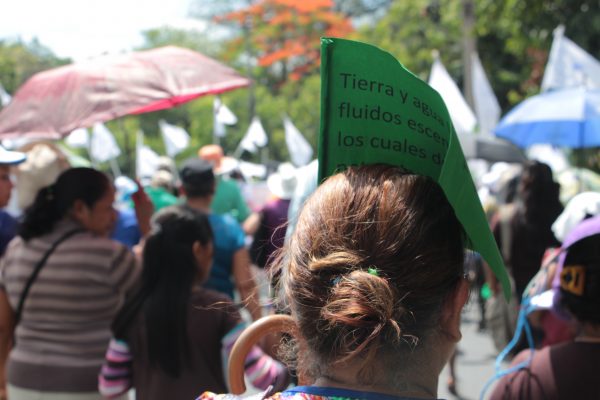Our Solidarity Model
We work within the Solidarity Model, which is completely different from the way that most of us have learned to think about nonprofits. The founding principle of all of our work is that true social transformation can only be obtained by working together as equals in a way that values and validates the experiences and dignity of all. We believe it is important to sustain lasting relationships with our sisters and brothers in El Salvador because we believe our liberation is tied up in theirs.
If you have come here to help me, you are wasting your time. But if you have come here because your liberation is wrapped up in mine, then let us work together.
–Lilla Watson
I don’t believe in charity. I believe in solidarity. Charity is vertical, so it’s humiliating. Solidarity is horizontal. It respects the other and learns from the other. I have a lot to learn from other people.”
– Eduardo Galeano
In a charity model, there is a vertical relationship between the giver and the receiver, and history shows that the charity model alone does little to change the root causes of inequality and suffering. This is in part because the power dynamics that led to the need in the first place are further ingrained by the giver-receiver relationship. There is power in having something to give, and in the Solidarity Model all have much to give and much to receive.
We believe that ultimately the challenges faced in El Salvador have the same roots as those faced in the United States and around the world. The threat of global economic power structures may present different symptoms in different parts of the world. In the United States we may face police brutality, climate change denial, and political polarization. In El Salvador people may face criminalization of youth, water scarcity, and political corruption. We believe our struggles are very much tied up in one another.
We believe that as long as we are each distracted by the symptoms in our own country, we will never succeed in addressing the source of these social problems. That is why, as much for our own sake as for the sake of our Salvadoran brothers and sisters, it is essential that we band together as equals with people in different parts of the world who are working for social justice and transformation to build a new kind of globalization: from the bottom up.
We have much to learn from others — from their victories and from their difficulties — and we have much to offer too. We partner with CRIPDES, the largest organization of rural communities in El Salvador, because they are deeply entrenched in organized Salvadoran communities; they know the real needs and the strengths of the Salvadoran people.
So, even though many people in the US-El Salvador Sister Cities Network raise funds to support development projects in El Salvador, that is only one part of the larger picture of our work. In 2022 we decided we want to pay attention to the following areas:
- SISTERING
- ORGANIZING
- CLEAR POLITICAL ANALYSIS AND ATTENTION TO THE ROLE OF U.S. IN EL SALVADOR /CENTRAL AMERICA
- FUNDRAISING AND FINANCES
We want to make sure that USESSC shows a real commitment to equity, inclusion and anti-racism in all of those areas. But remember there is just a small group of people as staff. To make this a reality, we need your time and commitment to action.
Watch this video to understand where we aim to go / Mire este video para entender hacia dónde queremos ir.

